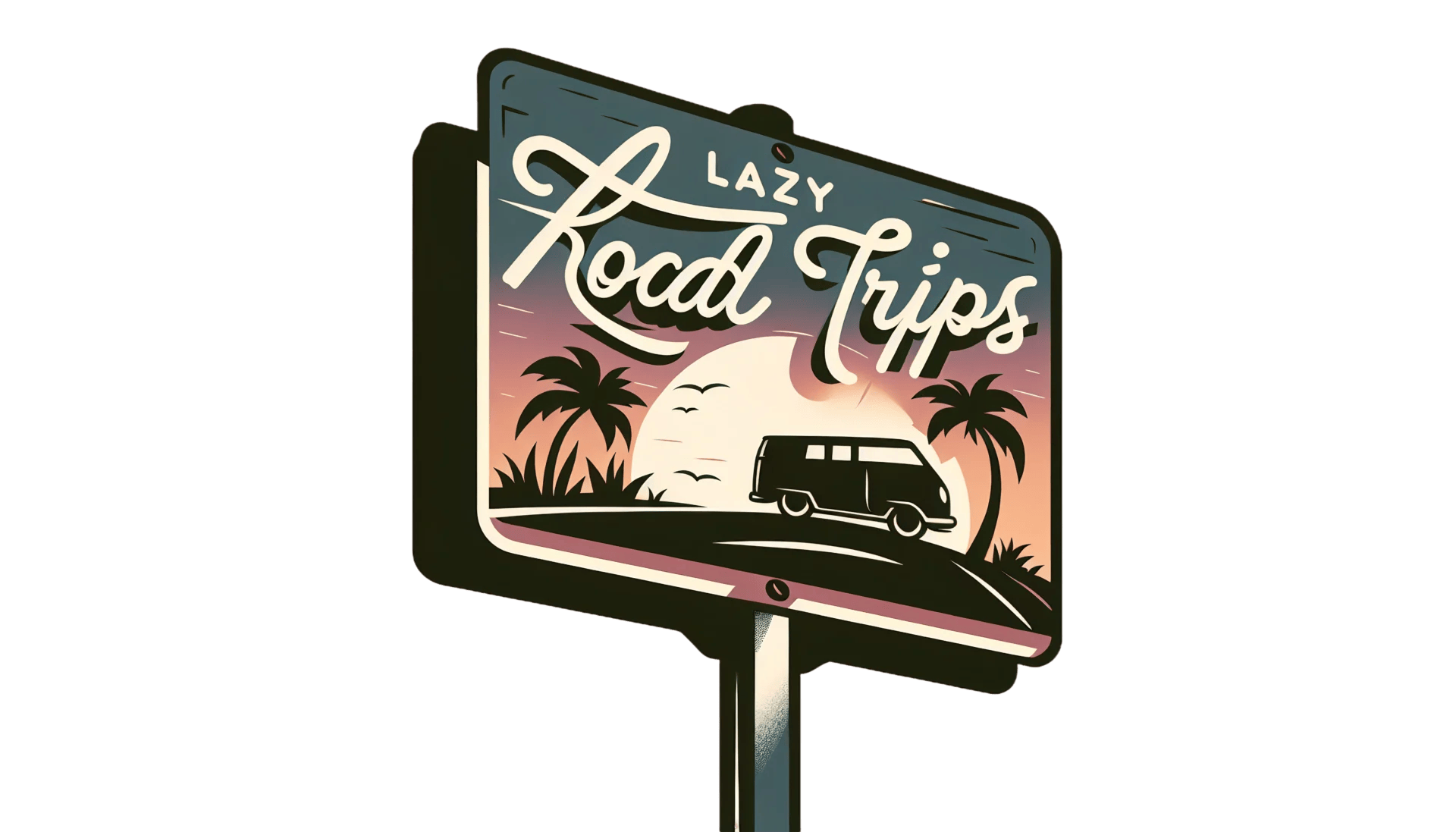**Title: Essential Emergency Preparedness Kit for RV Travelers**
Traveling in an RV gives you freedom and adventure you just can’t get elsewhere. But, let’s be honest, it comes with its own set of challenges too.
One of the most important parts of RV travel is being ready for emergencies. Let’s dig into the essentials for your emergency preparedness kit so you can stay safe and actually enjoy the ride.
I’ve pulled insight from experts and years on the road. We’ll walk through everything from the basics to a few advanced tools every RV traveler should have close by.
The Importance of an Emergency Preparedness Kit
When you’re out on the road—especially somewhere remote—being prepared can make all the difference. An emergency kit isn’t just a pile of stuff; it’s your lifeline if things go sideways, whether you’re facing a medical issue, a breakdown, or even a natural disaster.
Basic Necessities
The basics are what keep you going in a pinch. Here’s what you’ll want to have ready:
- First Aid Kit: You need a solid first aid kit. Make sure it’s got bandages, antiseptics, painkillers, and any prescription meds you rely on.
- Water: Pack enough water for at least three days. Portable water filters or purification tablets can be a lifesaver too.
- Food: Go for non-perishable stuff like canned goods, energy bars, and dried fruit. Three days’ worth per person is a good target.
- Clothing: Extra clothes matter, especially if the weather turns. Bring rain gear and something warm just in case.
- Blankets: Emergency blankets or sleeping bags can keep you warm when it gets chilly.
Tools and Equipment
Beyond the basics, the right tools can mean the difference between a minor hassle and a major problem. Here are a few you’ll want to stash:
- Multi-tool: A decent multi-tool can help with repairs, meal prep, and who knows what else.
- Flashlights and Batteries: Don’t get caught in the dark. Bring extra batteries or go for rechargeable flashlights.
- Fire Extinguisher: Fires happen. Keep an extinguisher handy, and make sure it works for different types of fires.
- Emergency Radio: A battery-powered or hand-crank radio keeps you in the loop about weather and emergencies.
- Vehicle Tools: Pack the basics: jack, tire iron, jumper cables. You don’t want to be stuck on the side of the road without them.
Advanced Preparedness Items
If you want to level up your kit, here are some advanced items to think about:
Communication Devices
Staying connected can be tough, especially off the grid. Cell phones aren’t always reliable, so consider these backups:
- Satellite Phone: Lets you reach out even when you’re way out there.
- Two-Way Radios: Perfect for short-range chats, especially if you’re traveling with others.
Navigation Aids
Getting lost is no fun, and it can get serious fast. Here’s what helps:
- GPS Device: A dedicated GPS is often more dependable than your phone.
- Maps and Compass: Always bring old-school maps and a compass. Sometimes tech just fails.
Power Sources
Power outages sneak up on you. Keep your essentials running with these:
- Portable Power Bank: Great for charging phones, tablets, and small gear.
- Solar Charger: Handy and eco-friendly for keeping batteries topped up.
Special Considerations for RV Travelers
RV life brings its own quirks. You’ll want to plan for a few extra things just for your rig:
Vehicle-Specific Supplies
Your RV is both your ride and your home. Keep it rolling with these:
- Spare Tires: Always have at least one spare and the gear to swap it out.
- Fuses and Fluids: Bring along extra fuses, oil, coolant, and other must-have fluids.
- Repair Tape: Duct tape or special repair tape can patch up leaks or minor damage until you get proper repairs.
Health and Hygiene
Staying healthy and clean matters, especially if you’re out for a while. Don’t skip these:
- Sanitation Supplies: Wet wipes, hand sanitizer, maybe even a portable toilet if you like comfort.
- Personal Hygiene Items: Toothbrush, toothpaste, and whatever else you need to feel human.
Conclusion
Emergencies can hit when you least expect them, especially out on the road in your RV. It really pays to be ready.
Pulling together a solid emergency preparedness kit gives you some peace of mind. If you want a detailed rundown of what to pack, check out this emergency preparedness kit guide.
Stay safe out there, and don’t forget to enjoy the ride!


